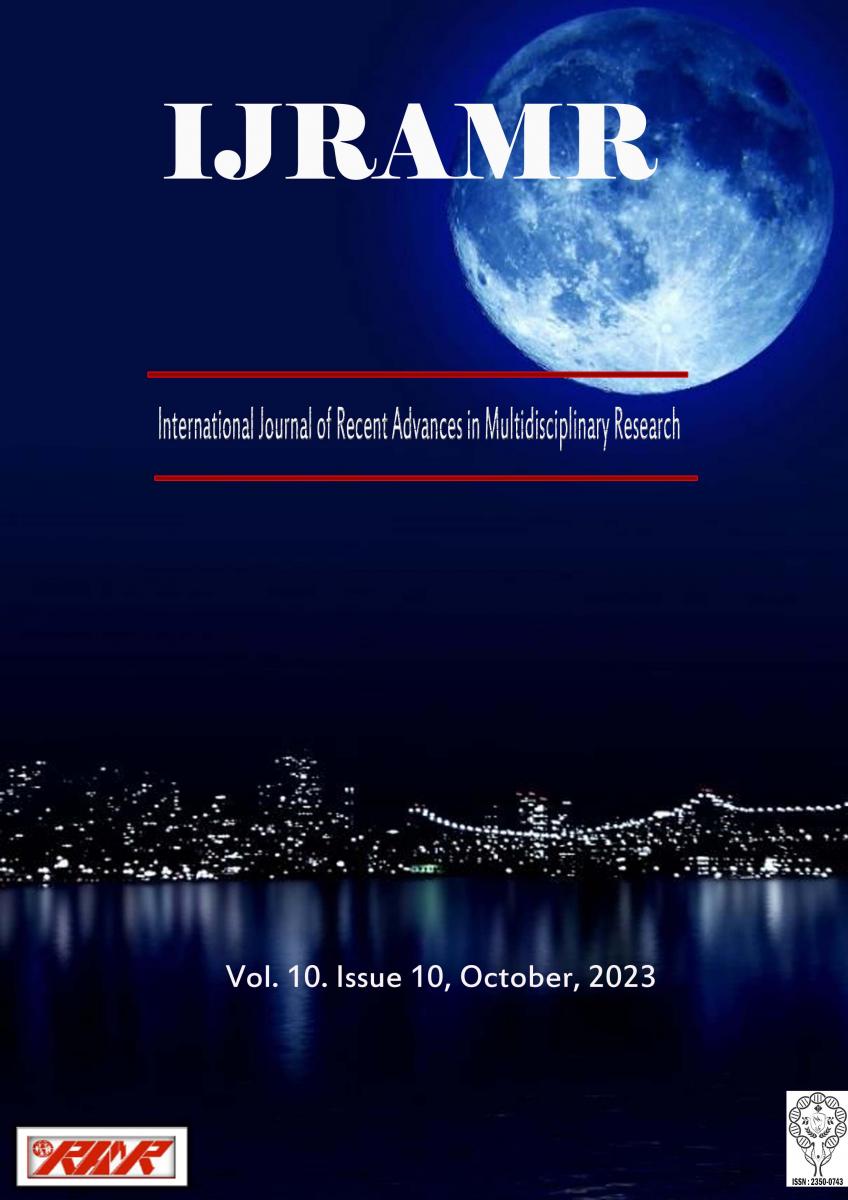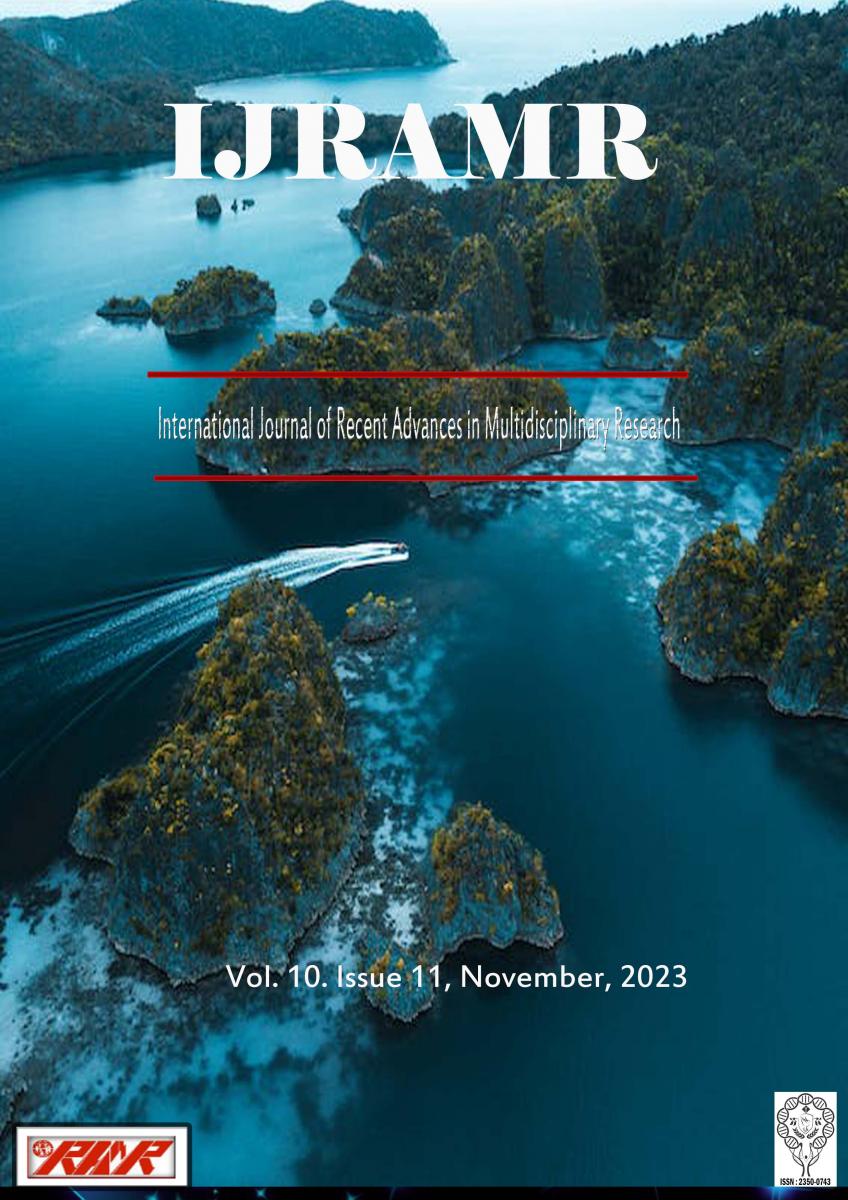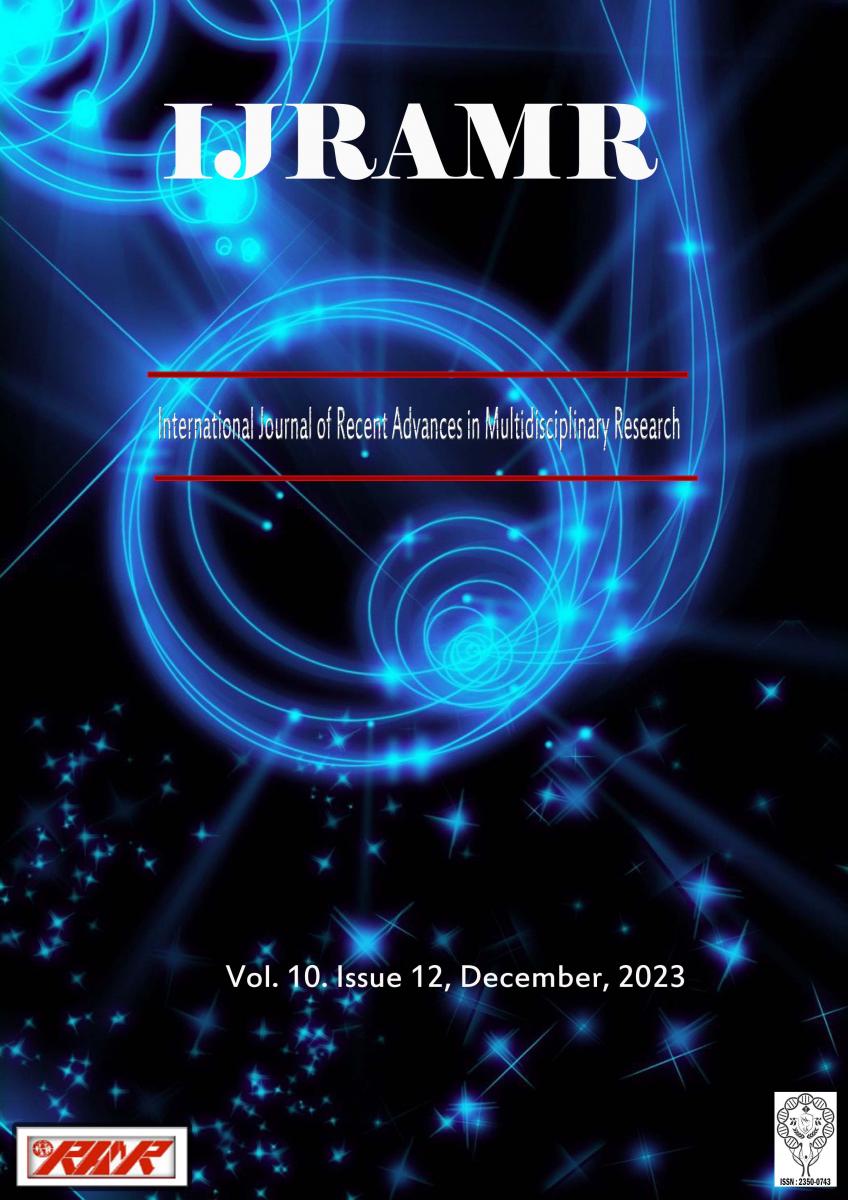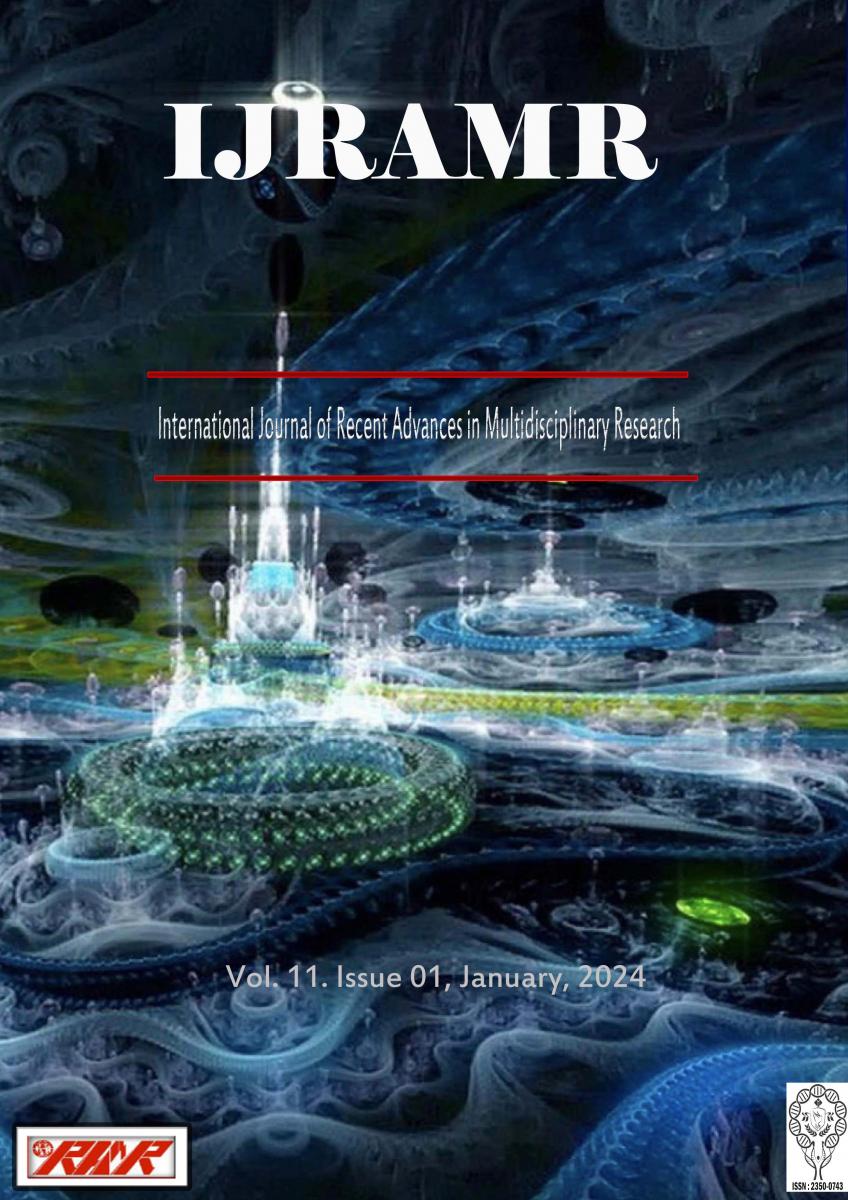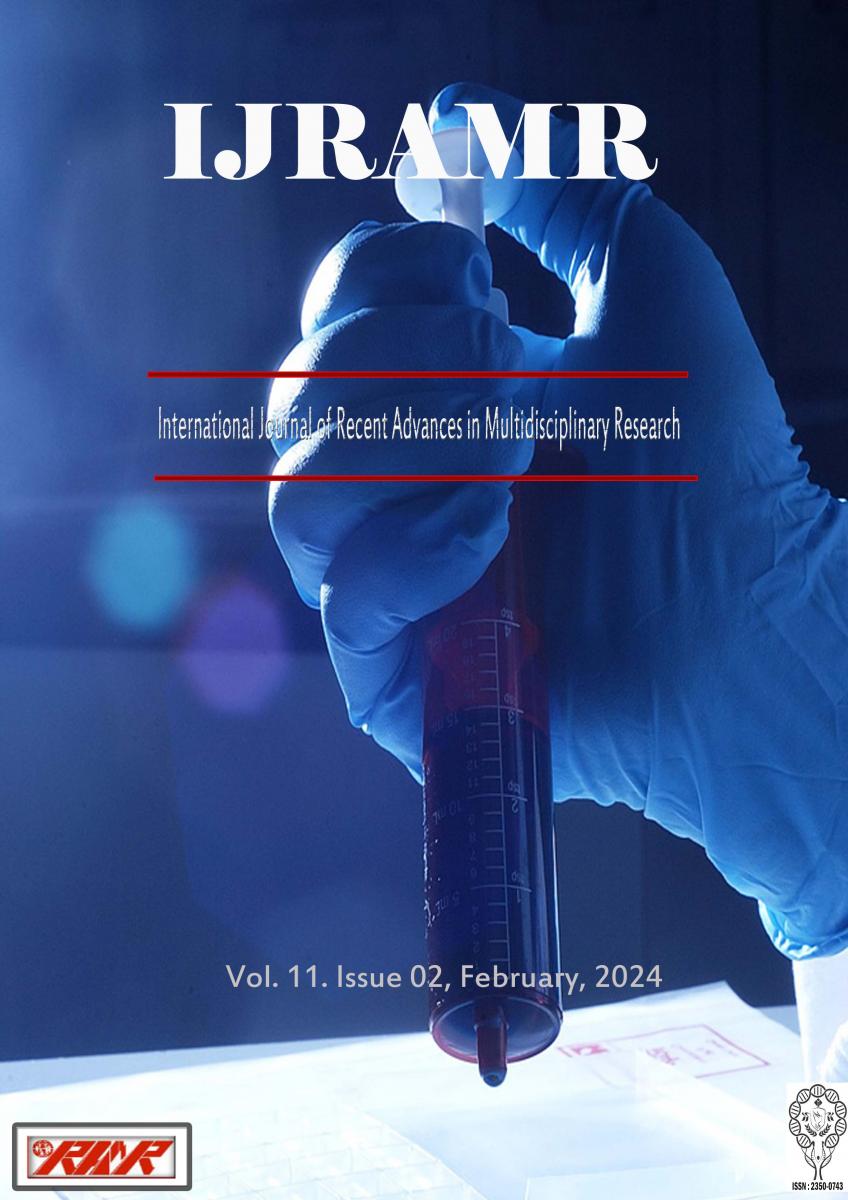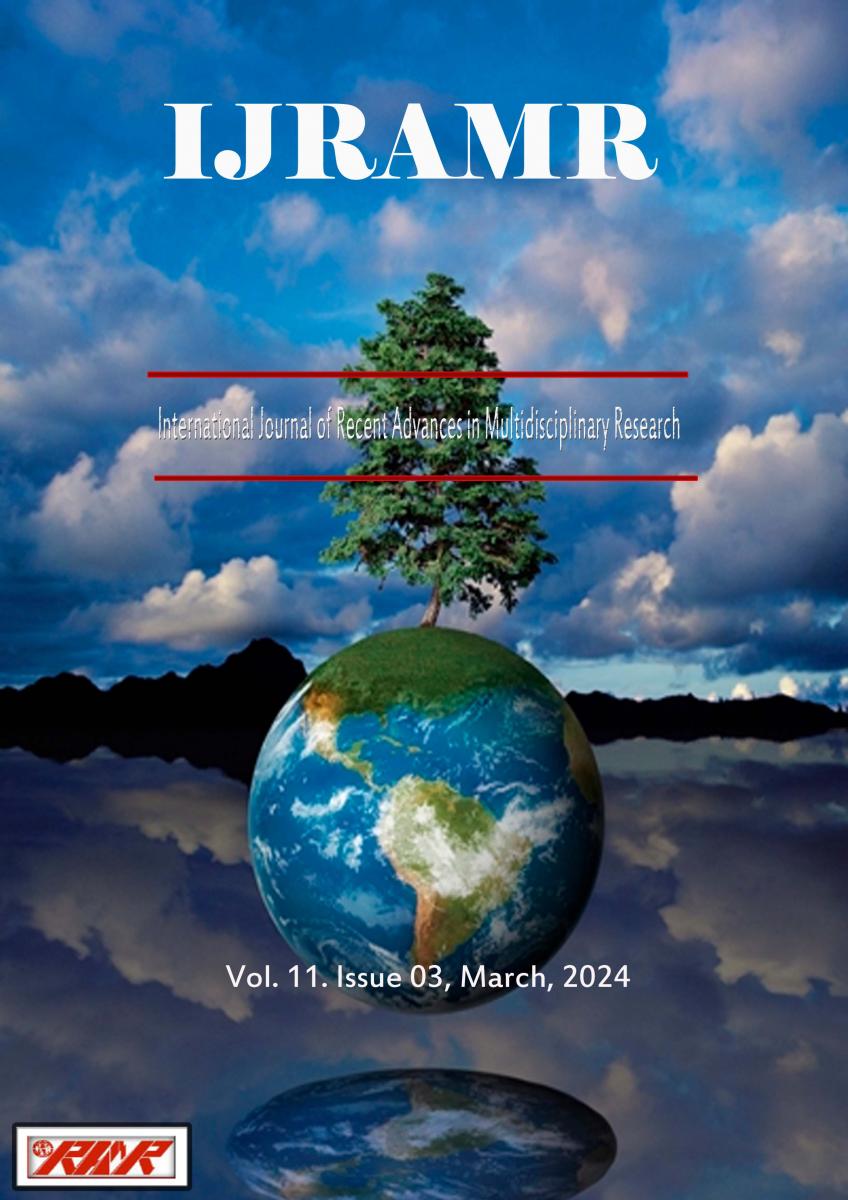Quality of life is defined as individuals' perceptions of their position in life in the context of the culture and value systems in which they live and their goals, expectations, standards, and concerns". W.H.O,1996 This definition reflects the view that quality of life refers to a subjective evaluation that is embedded in a cultural, social, and environmental context. Because this definition of quality of life focuses upon respondents' "perceived" quality of life, it is not expected to provide a means of measuring any. This study aims to determine and compare the quality of life among married and unmarried individuals in Panjab University, Chandigarh. For this Purposive sampling technique was used across the married and unmarried individuals of Panjab University after obtaining permission from the respective Department. The sample includes 388 randomly selected individuals for this purpose. A standardized WHO questionnaire (WHOQOL-BREF) for quality of life is used for data collection. After the Data Collection, the obtained results were compiled using the Microsoft excel and the data is presented in form of various graphs and tables.
